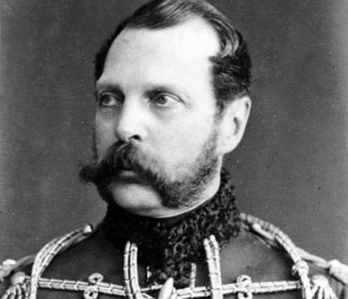One hundred and sixty years ago, the Lublin region was a part of Poland, which had become a part of Russia as a result of the Partition of Poland treaty. Tsar Alexander II gave peasants property rights and gave them the right to benefit from forests and meadows. He did so to dissuade them from joining a Polish Uprising of 1863. The free wood could be used for heating or construction.
In practice, the inhabitants of four villages in the Lublin region inhabitants are still receiving about 130 cubic meters of wood per annum off the back of this decree. This entitlement has been passed on through the generations but only applies to those whose families have lived in the area since Tsarist times.
Around 230 people in four villages are still benefiting from the free wood, some 0.5 cubic meters of wood per person. The only cost the inhabitants have to bear is a charge of 50 PLN (about €10) per 2 cubic meters for the preparation of the wood.
According to Polish commercial TV Polsat News, there were plans in the 1930s to swap these entitlements for parcels of forested land, but those plans were cut short by the Second World War. The entitlements returned in the 1990s, as they were not honored during communist times.
Polsat News reports that there is an even older entitlement still in force in Poland. The inhabitants of the town of Wąchock still benefit from a decree from King Casimir the Jagellonian, who bestowed on them the right to wood from the nearby forest in 1454.






